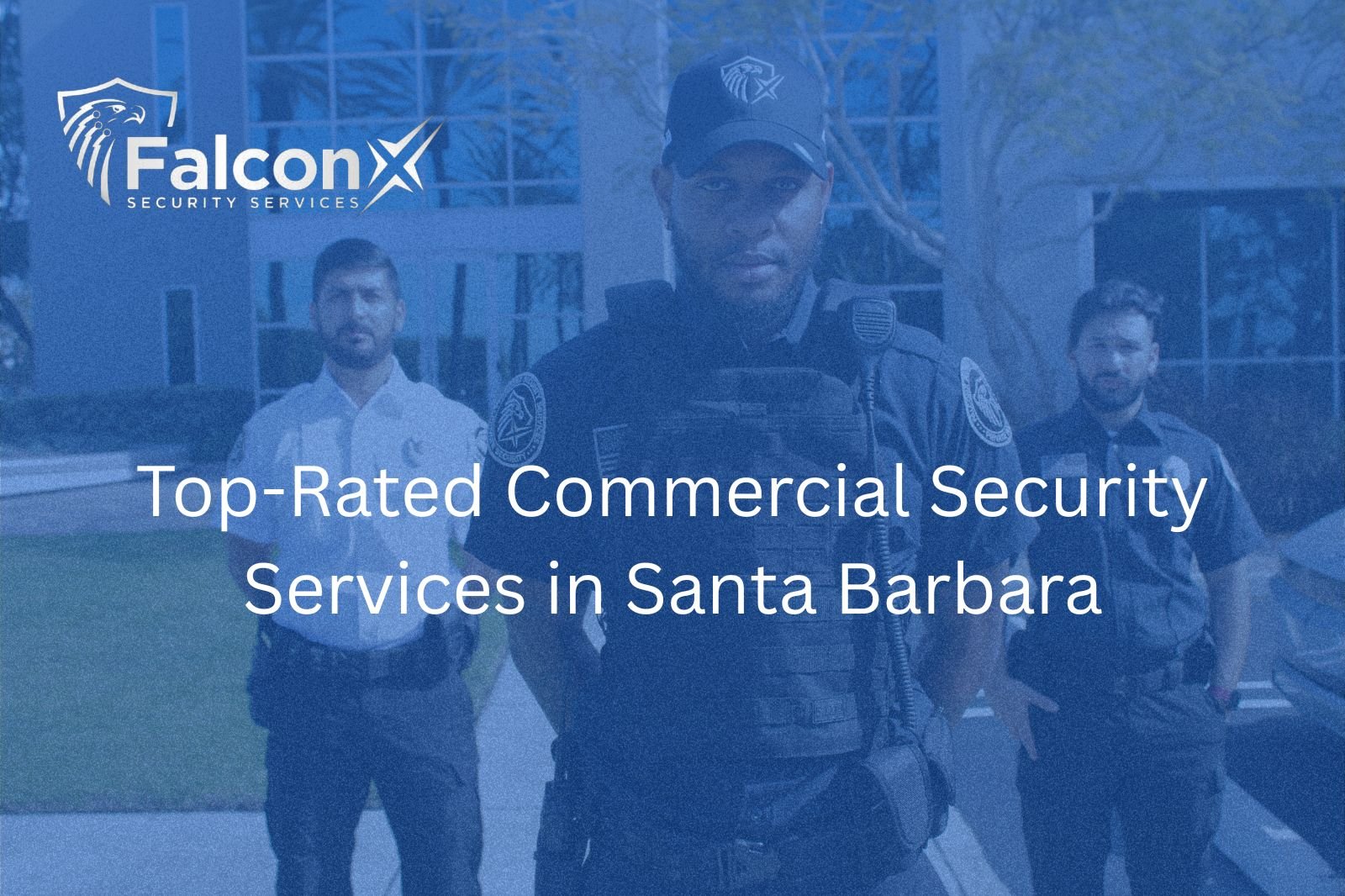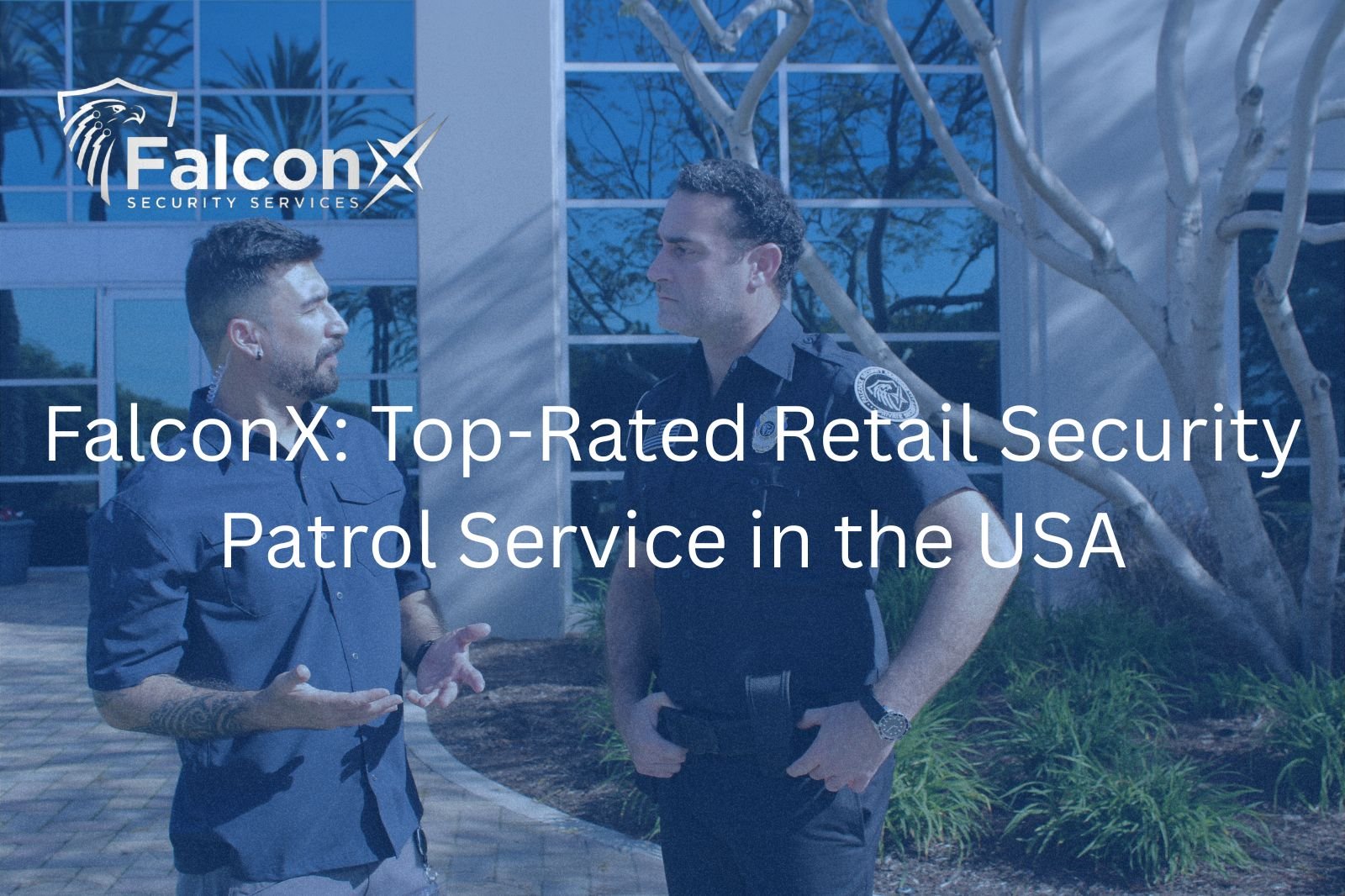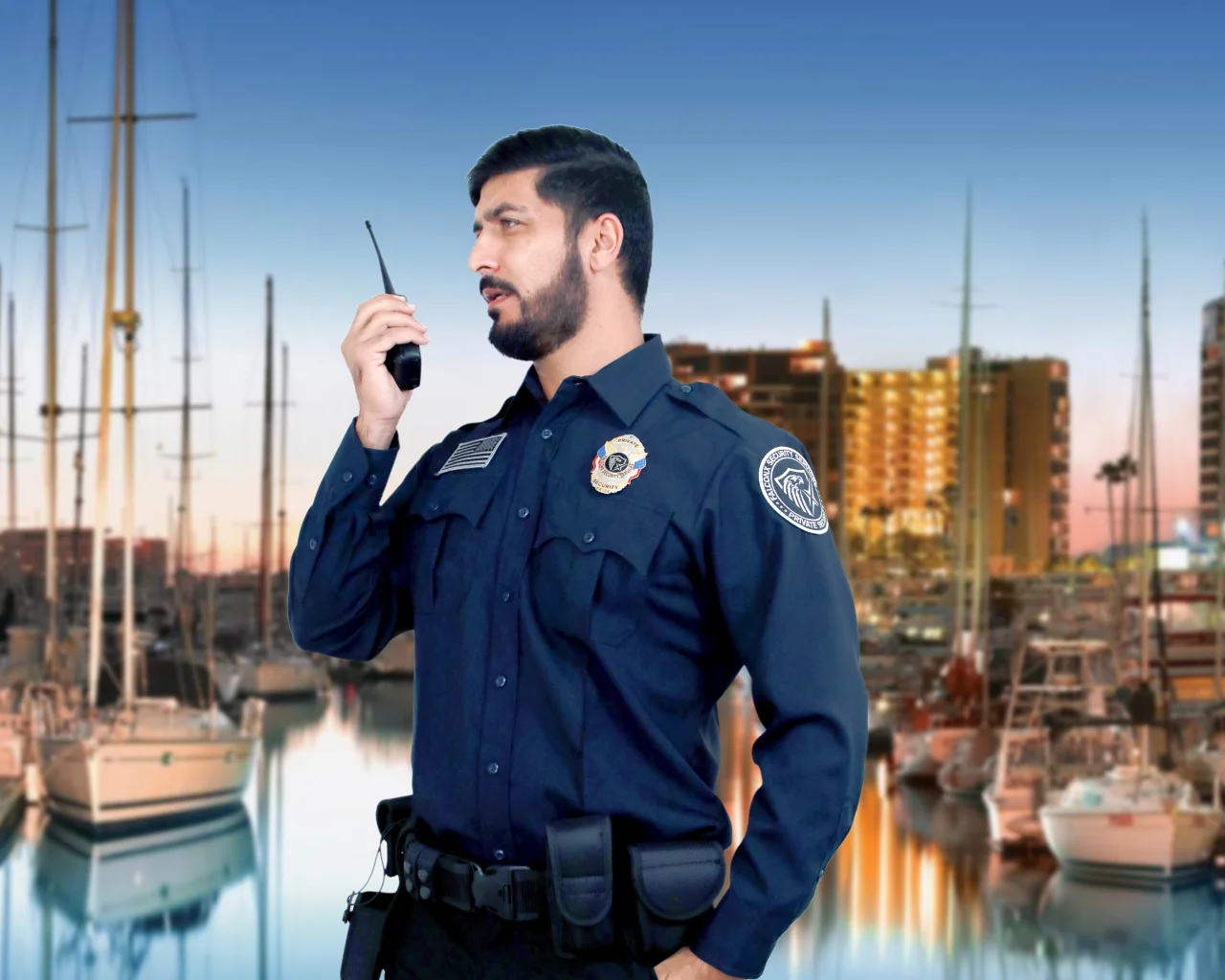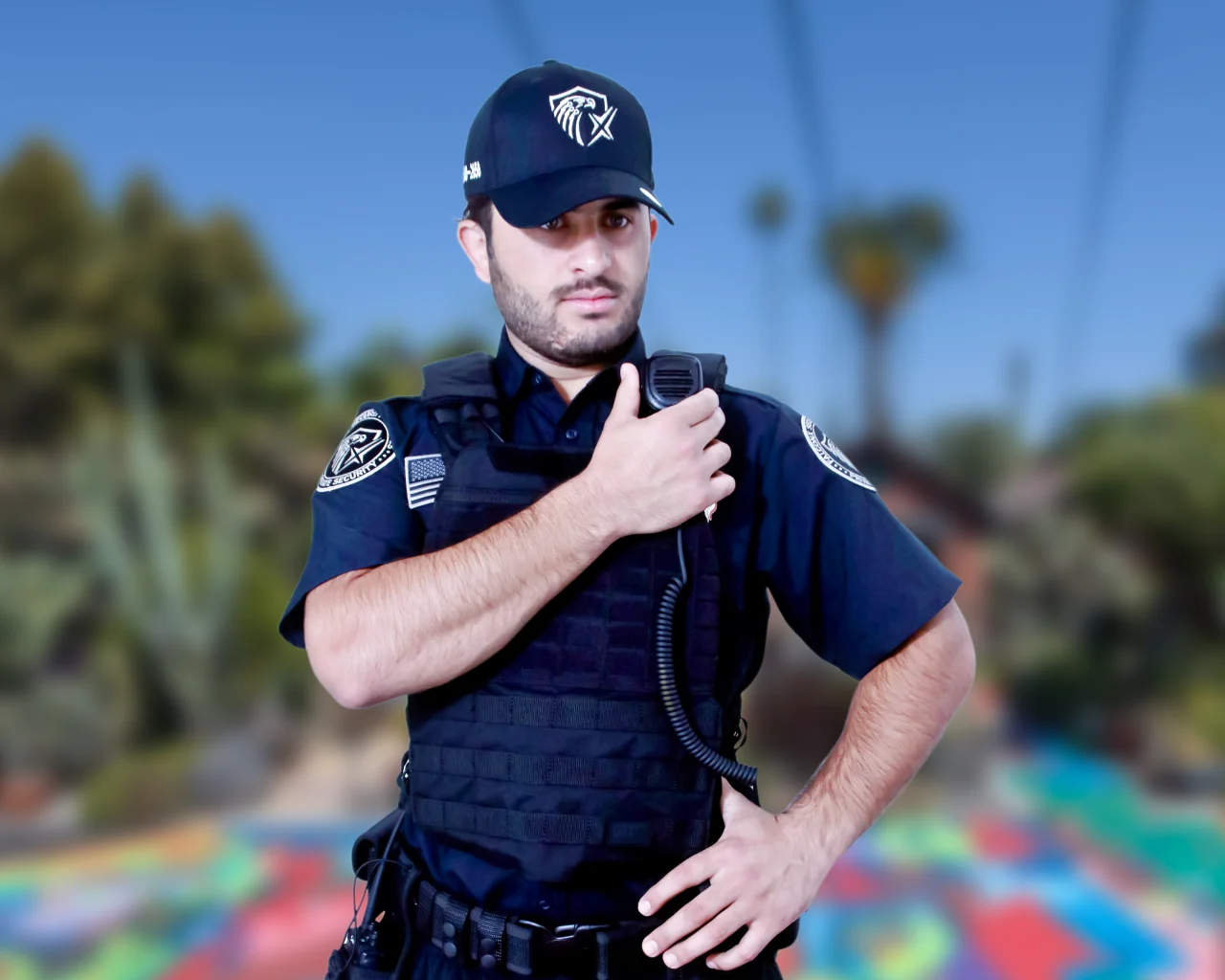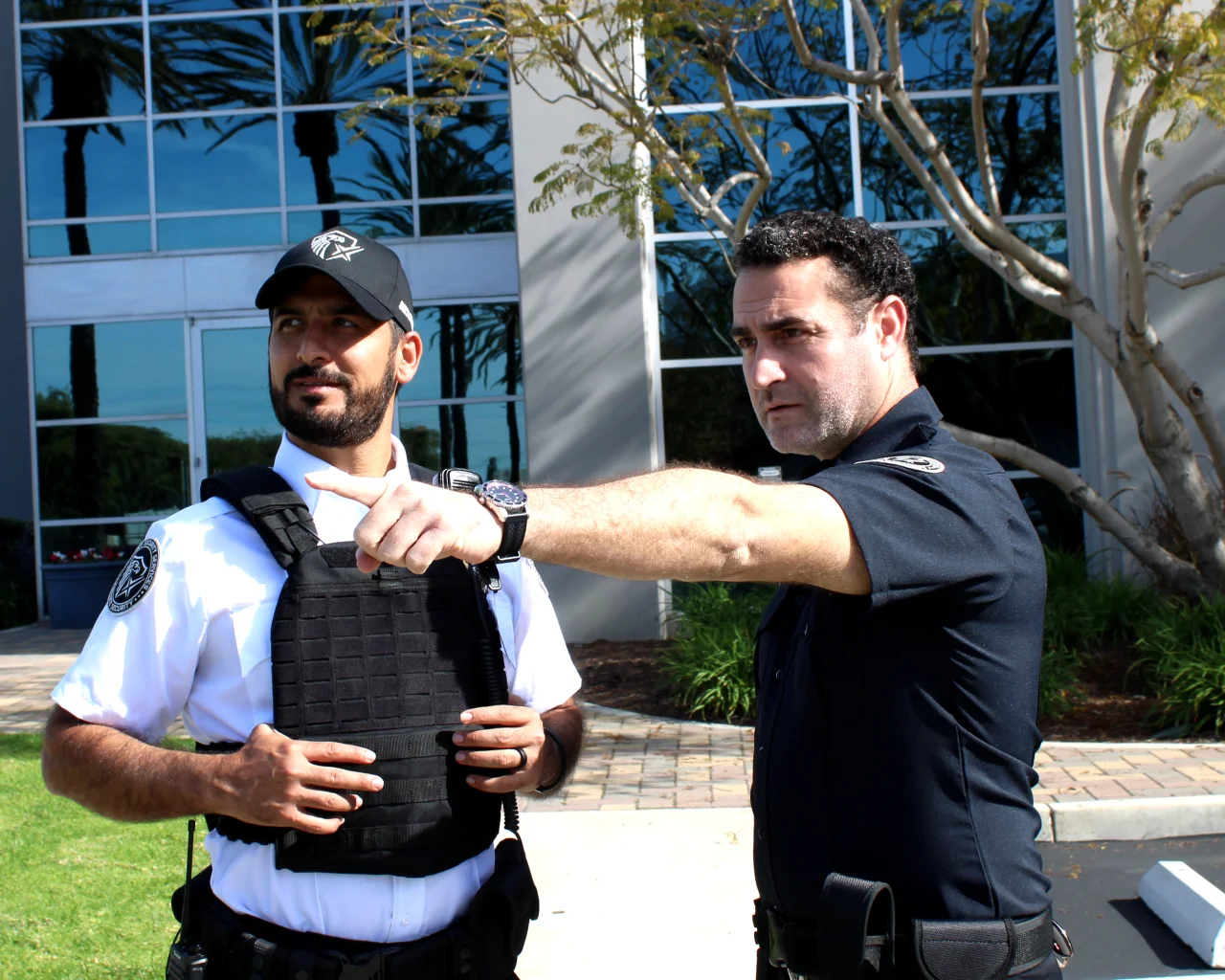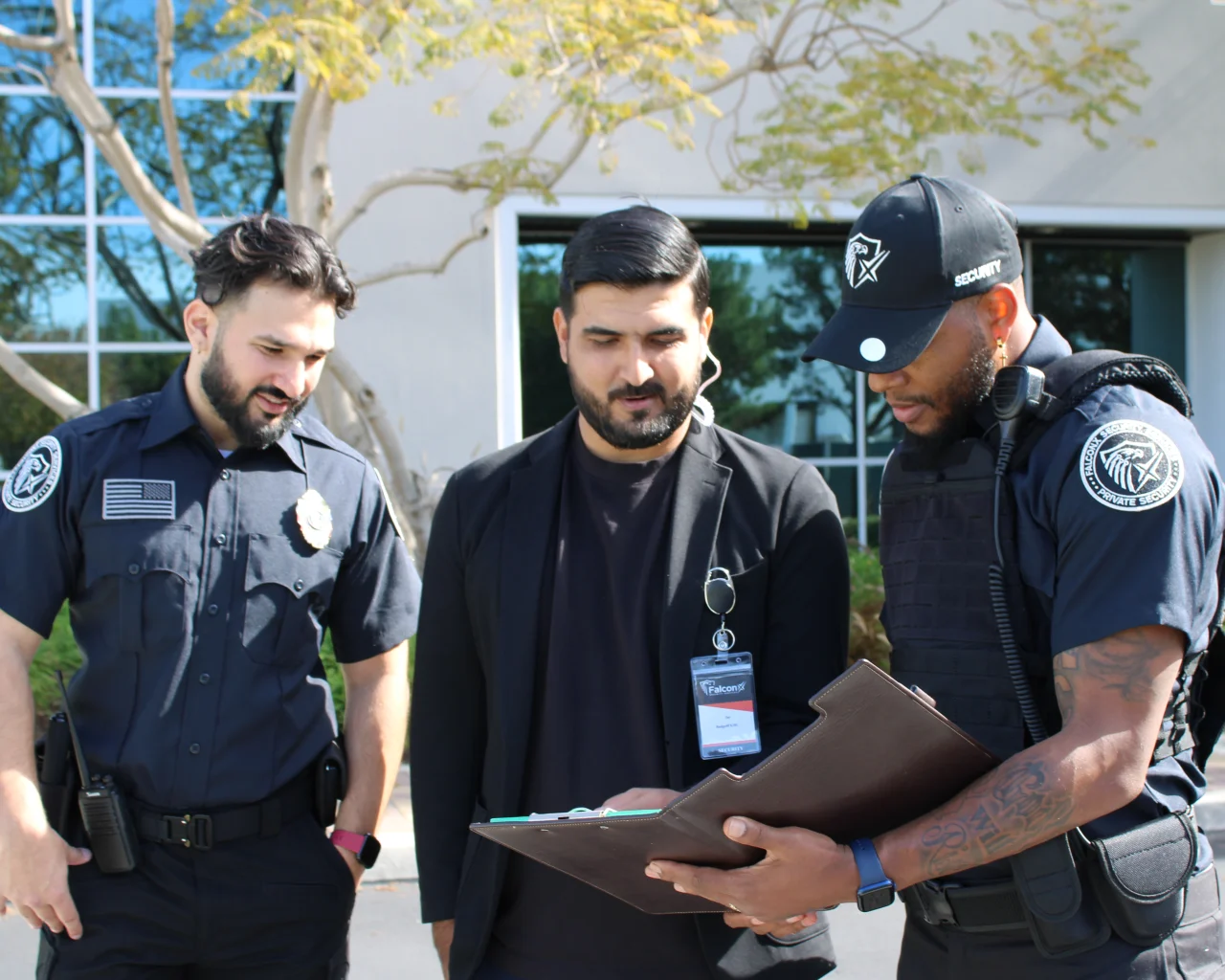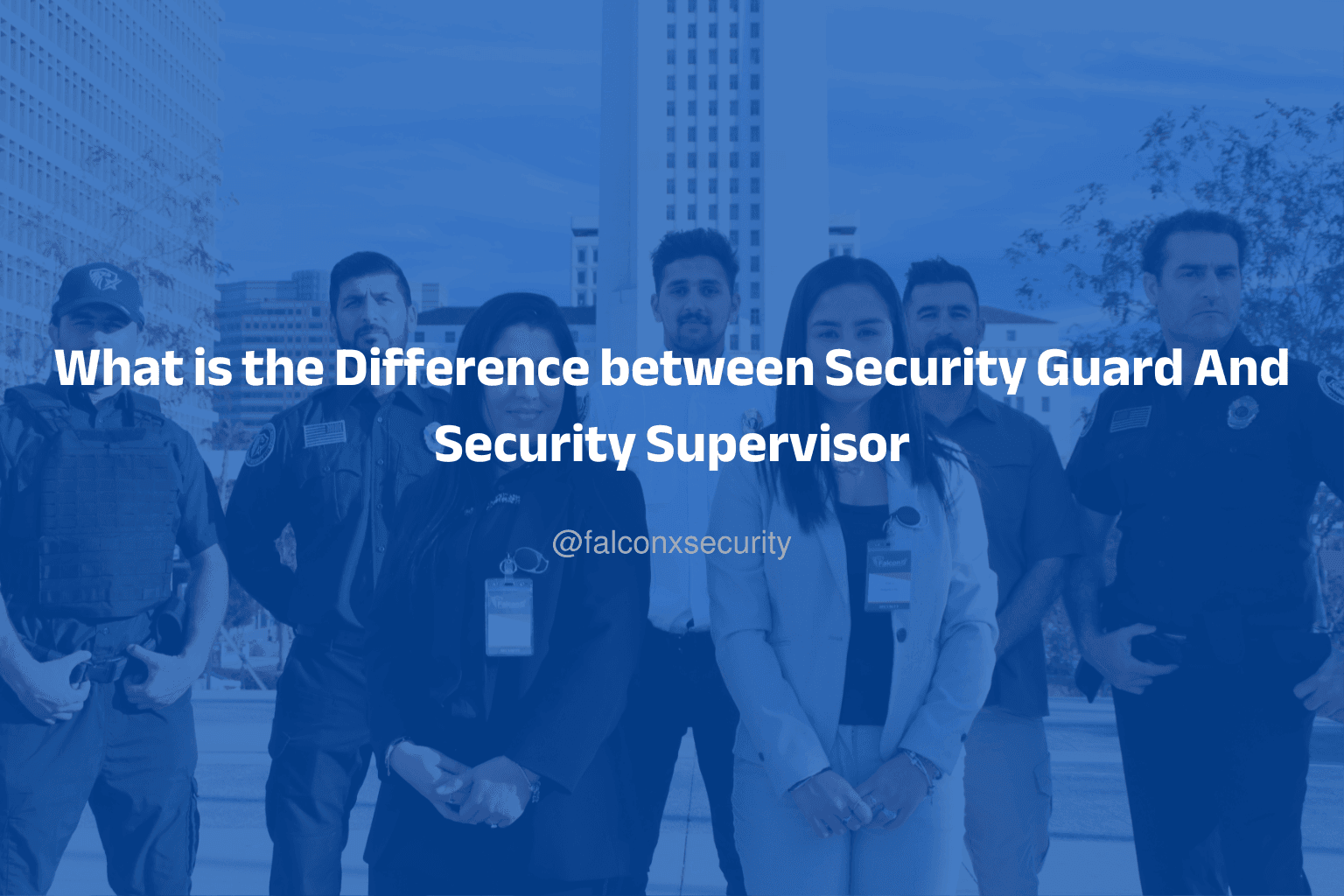A security guard primarily focuses on patrolling and monitoring premises, while a security supervisor oversees and manages a team of security guards. Security guards are responsible for day-to-day security operations, while security supervisors provide leadership and guidance to ensure the team’s effectiveness and efficiency.
In today’s world, security plays a crucial role in safeguarding people and property. Understanding the distinction between a security guard and a security supervisor is essential for businesses and organizations seeking to enhance their security measures. Both roles contribute to maintaining a safe environment, but their responsibilities and authority levels differ significantly.
Let’s delve deeper into the variances between a security guard and a security supervisor to gain a comprehensive understanding of their distinct roles and contributions to security operations.
Introduction To Security Roles
In any organization, security plays a crucial role in ensuring the safety and protection of people, assets, and property. Two common security roles that often come to mind are security guards and security supervisors. While both roles are essential for maintaining a secure environment, there are distinct differences between them. In this blog post, we will explore the basics of security guards and the role of security supervisors, shedding light on their unique responsibilities and contributions to the overall security framework.
The Basics Of Security Guards
Security guards are the frontline defenders who safeguard premises against potential threats and unauthorized access. They are trained professionals responsible for maintaining order and enforcing security protocols. Here are some key aspects of the role of security guards:
- Physical Presence: Security guards are present on-site and actively patrol the area to deter criminal activities.
- Access Control: They monitor entrances and exits, verifying credentials, and ensuring only authorized individuals gain entry.
- Surveillance: Security guards use surveillance systems to keep a watchful eye on the premises, identifying any suspicious behavior or potential security breaches.
- Emergency Response: In case of emergencies, security guards take immediate action, such as alerting the authorities, evacuating people, or providing first aid.
- Report Writing: Security guards maintain detailed reports of incidents, including any security breaches, damages, or safety hazards.
The Role Of Security Supervisors
While security guards focus on the day-to-day operations, security supervisors play a more managerial role, overseeing the security team and ensuring smooth operations. Here are some key responsibilities of security supervisors:
- Team Management: Security supervisors are in charge of assigning duties, coordinating shifts, and conducting training sessions for security guards.
- Supervision: They monitor the performance of security guards, ensuring adherence to security protocols and addressing any performance issues.
- Emergency Preparedness: Security supervisors develop and implement emergency response plans, conducting drills to ensure the team is prepared for various scenarios.
- Policy Enforcement: They ensure that security policies and procedures are followed by all security personnel, providing guidance and clarification when needed.
- Communication: Security supervisors serve as a point of contact between security personnel, management, and external agencies, facilitating effective communication and coordination.
While security guards and security supervisors have different roles, they work together to create a secure environment. Security guards provide a physical presence and immediate response, while security supervisors manage and coordinate the security team. Together, they form a robust security framework that helps protect organizations and individuals from potential threats.
Key Responsibilities
When it comes to the security industry, the roles of a security guard and a security supervisor are distinct yet interconnected. Each position carries its own set of key responsibilities that contribute to the overall safety and security of a given location. Understanding the differences in their day-to-day duties is crucial for effectively managing security operations.
Daily Duties Of A Security Guard
A security guard is primarily responsible for maintaining a secure and safe environment at a designated location. Their daily duties typically include:
- Conducting regular patrols to monitor and protect the premises
- Enforcing rules and regulations to prevent unauthorized access
- Responding to alarms, disturbances, or emergencies
- Monitoring surveillance equipment and inspecting buildings for security breaches
- Reporting any suspicious activities or incidents to the appropriate authorities
Core Tasks For A Security Supervisor
As a security supervisor, the role involves overseeing and coordinating the activities of security personnel to ensure a high level of protection. Core tasks for a security supervisor may include:
- Supervising and training security staff, ensuring adherence to protocols and procedures
- Conducting regular assessments of security measures and implementing improvements
- Coordinating with external agencies and law enforcement in case of security breaches
- Preparing and maintaining security reports and documentation
- Managing schedules and assignments for the security team
Training And Qualifications
Security guards and security supervisors have different roles and responsibilities. While security guards are responsible for monitoring and securing the premises, security supervisors oversee the work of security guards and handle any issues that may arise. It is essential to have the appropriate training and qualifications for both positions.
When it comes to security services, there are two main roles that come to mind: security guard and security supervisor. While both positions share a similar objective of ensuring safety and security, there are significant differences in their training and qualifications. In this section, we will delve into the education path for security guards, how to advance to a security supervisor, and the training and qualifications required for each.
Education Path For Security Guards
Becoming a security guard typically requires a high school diploma or equivalent. Security guard training programs are available in community colleges, vocational schools, and private security companies. These programs usually last several weeks and cover topics such as first aid, report writing, and emergency response.
Advancing To A Security Supervisor
To advance to a security supervisor position, a security guard must have experience in the field and acquire additional training. Some employers may prefer to promote from within the company, while others may require a bachelor’s degree in a related field such as criminal justice or security management. Supervisors must also possess strong leadership skills and be able to manage a team of security personnel. Security guards and supervisors must be licensed in most states and undergo background checks. Guards may also need to pass a drug test and have a clean driving record. In addition to initial training, security personnel must participate in ongoing training to keep their skills up to date and comply with state regulations. This training may cover topics such as crisis management, conflict resolution, and customer service. Overall, while both security guards and supervisors are important positions in the security industry, the education path, advancement opportunities, and training and qualifications required for each vary significantly. It is important to understand these differences when considering a career in security services.
Skills Required
Distinguishing between a security guard and a security supervisor lies in their roles. While a security guard focuses on patrolling and monitoring, a security supervisor oversees teams, implements protocols, and handles escalated situations. The supervisor’s position requires advanced leadership and organizational skills.
When it comes to security personnel, both security guards and security supervisors play crucial roles in safeguarding people and property. However, their responsibilities and skill sets differ. Understanding the skills required for each role is essential to ensure effective security measures are in place. Let’s take a closer look at the essential skills for guards and the leadership skills required for supervisors.
Essential Skills For Guards
Security guards are responsible for maintaining a safe and secure environment. They are often the first line of defense against potential threats or incidents. To excel in this role, guards must possess a range of essential skills, including:
- Observation Skills: Guards need to be vigilant and observant to identify potential risks or suspicious activities. They should be able to quickly assess situations and take appropriate action.
- Communication Skills: Effective communication is crucial for guards to interact with colleagues, visitors, and clients. They should be able to convey information clearly and confidently.
- Physical Fitness: Guards may need to stand or patrol for long periods, so physical fitness is essential. They should also be prepared to respond to emergencies or physically restrain individuals if necessary.
- Emergency Response: Guards should be trained in emergency response procedures, including first aid and CPR. They should remain calm and act decisively during emergencies.
- Integrity and Ethics: Guards must uphold high ethical standards and demonstrate integrity in their actions. They should adhere to company policies and maintain confidentiality.
Leadership Skills For Supervisors
Security supervisors play a crucial role in managing and leading a team of security guards. In addition to the essential skills required for guards, supervisors need to possess strong leadership abilities. These skills include:
- Decision-making: Supervisors must be able to make quick and informed decisions, especially during critical situations. They should consider various factors and choose the most appropriate course of action.
- Conflict Resolution: As leaders, supervisors often need to resolve conflicts within their team or with external parties. They should have strong interpersonal skills and the ability to mediate disputes effectively.
- Organizational Skills: Supervisors are responsible for scheduling shifts, assigning tasks, and ensuring smooth operations. They should be organized and capable of managing multiple priorities.
- Training and Mentoring: Supervisors should have the ability to train and mentor their team members. They should provide guidance, support, and ongoing training to enhance the skills of the guards.
- Effective Communication: Supervisors need to communicate clearly and effectively with their team, as well as with clients and other stakeholders. They should be able to provide instructions, feedback, and updates confidently.
By understanding the essential skills for guards and the leadership skills required for supervisors, organizations can ensure they have a well-rounded security team in place. Guards with strong observation and communication skills can maintain a safe environment, while supervisors with leadership abilities can effectively manage and guide their teams.
Work Environment
On The Ground: The Guard’s Perspective
Security guards are stationed at entry points or patrol designated areas.
They ensure safety by monitoring for unauthorized activity.
- Check IDs
- Patrol premises
- Respond to emergencies
Overseeing Operations: Supervisor’s Domain
Security supervisors manage the team and operations.
They provide guidance and support to security guards.
- Monitor guard performance
- Implement security protocols
- Report to management
Career Path And Progression
A security guard is responsible for patrolling and monitoring premises to prevent theft and maintain safety, while a security supervisor oversees and manages a team of security personnel, ensuring protocols are followed and emergencies are handled efficiently. Both roles offer career progression opportunities within the security industry.
Starting a career in security can be a great option for individuals who are interested in protecting people, property, and assets. Security guard and supervisor are two of the most common positions in the security industry. Both positions are essential to maintaining a safe and secure environment, but they have different roles and responsibilities. In this post, we will focus on the career path and progression of security guards and supervisors.
Starting As A Security Guard
If you are interested in starting a career in security, becoming a security guard is a great place to start. The primary duty of a security guard is to monitor and patrol a specific area to prevent theft, vandalism, or other criminal activities. Security guards are also responsible for responding to emergency situations and reporting any suspicious activities to their supervisors. To become a security guard, you need to have a high school diploma or GED and complete a security guard training program. The training program covers topics such as legal issues, emergency procedures, and communication skills. Once you complete the training program, you can apply for a security guard license in your state.
Moving Up To Supervisor
After gaining experience as a security guard, you may consider moving up to a supervisory role. A security supervisor is responsible for overseeing the security operations of an organization or a specific location. They manage a team of security guards, assign duties, and ensure that all security protocols are being followed. To become a security supervisor, you need to have several years of experience as a security guard and complete additional training. The training covers topics such as leadership, management, and communication skills. Some organizations may also require a bachelor’s degree in criminal justice or a related field. As a security supervisor, you will have more responsibilities and a higher salary than a security guard. You will also have more opportunities for career advancement, such as becoming a security manager or director. In conclusion, both security guard and supervisor are essential positions in the security industry. Starting as a security guard and moving up to a supervisory role is a great way to advance your career and increase your earning potential. By completing the required training and gaining experience, you can achieve success in the security industry.
Challenges Faced
When it comes to the security industry, both security guards and security supervisors face unique challenges in their roles. Understanding the differences in the obstacles they encounter can help in better equipping them to fulfill their responsibilities effectively.
Common Hurdles For Security Guards
Security guards face various challenges that are common in their line of work. These challenges include:
- Dealing with difficult or aggressive individuals
- Maintaining constant vigilance during long shifts
- Responding to emergency situations promptly
Unique Challenges For Supervisors
Supervisors in the security industry encounter distinct challenges that set them apart from security guards. These unique obstacles may include:
- Managing and coordinating the activities of a team of security personnel
- Resolving conflicts or disputes among team members
- Ensuring compliance with security protocols and procedures
Real-world Examples
A security guard is responsible for patrolling and monitoring premises, while a security supervisor oversees the work of security personnel and ensures that protocols are being followed. For instance, a security guard may be stationed at a shopping mall, while a security supervisor would be responsible for managing a team of guards at various locations.
Real-world Examples Security guards and security supervisors play crucial roles in maintaining safety and security in various settings. Understanding the differences between these two positions can provide valuable insights into their respective responsibilities and contributions. Real-world examples of case studies of security guards and success stories of security supervisors can offer a clearer perspective on the distinctions between these roles.
Case Studies Of Security Guards
Security guards are often the first line of defense in protecting properties and individuals. Let’s consider a case study where a security guard successfully prevented a theft at a retail store. The guard’s keen observation skills and quick response not only averted the crime but also ensured the safety of customers and staff. This demonstrates the hands-on and proactive nature of a security guard’s duties.
Success Stories Of Security Supervisors
Security supervisors, on the other hand, are responsible for overseeing and coordinating security operations. A success story involving a security supervisor could highlight their effective management of a large-scale event, ensuring seamless coordination among the security team and the successful execution of security protocols. This showcases the leadership and organizational skills that are integral to the role of a security supervisor. These real-world examples illustrate the distinct yet interconnected roles of security guards and security supervisors in safeguarding various environments.
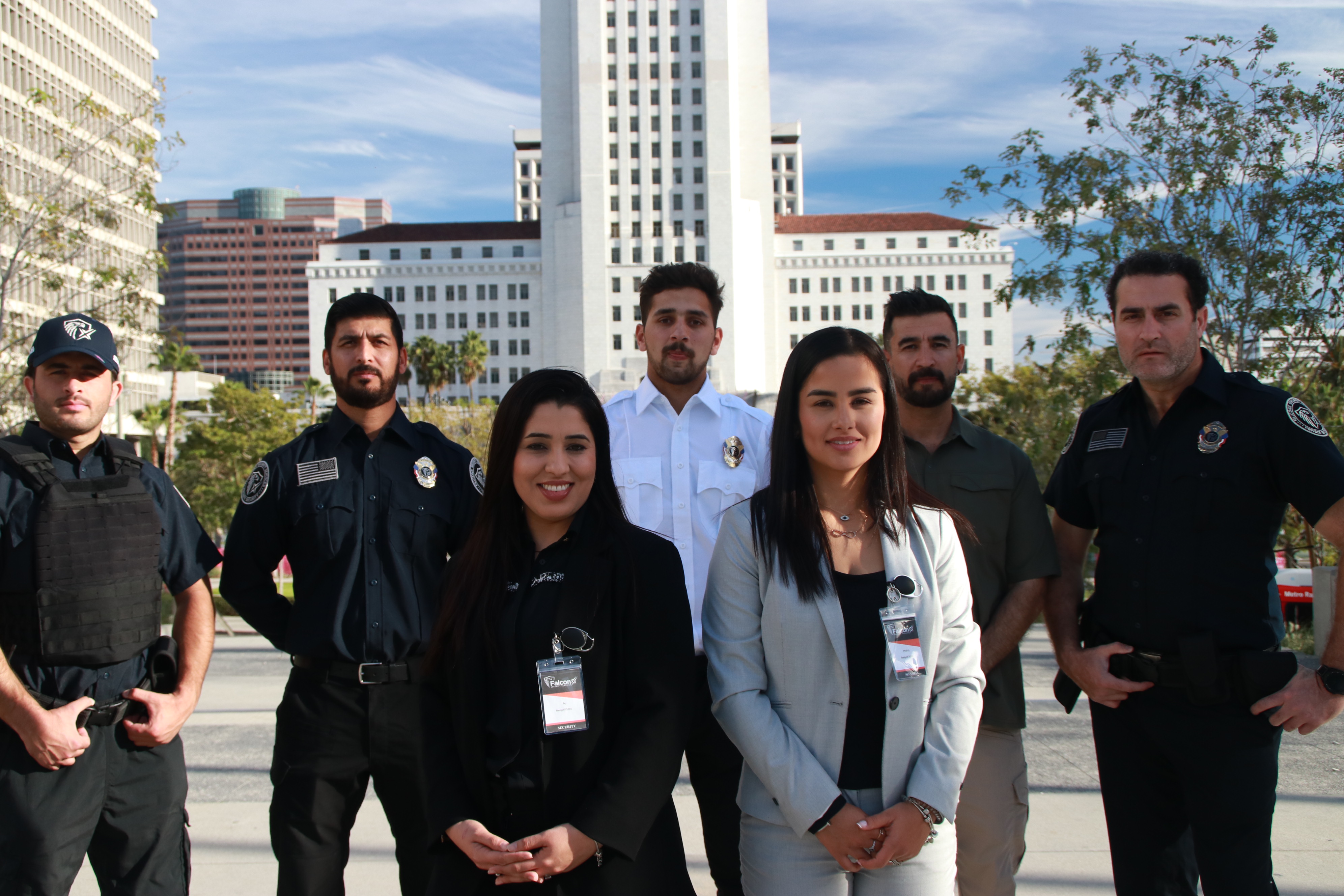
Frequently Asked Questions
What Is The Difference Between A Security Guard And A Supervisor?
A security guard monitors premises, while a supervisor oversees and manages security operations.
What Does A Security Supervisor Do?
A security supervisor oversees security operations, ensuring the safety of people and property. They monitor and respond to security alarms, enforce rules and regulations, and coordinate with law enforcement if necessary. Their role is crucial in maintaining a secure environment.
What Is Higher Than A Security Guard?
A security supervisor or security manager is higher than a security guard. They oversee and manage the security team, handle operations, and make strategic decisions. They may also have more advanced training and responsibilities.
Is Door Supervisor Higher Than Security Guard?
Door supervisors typically have more responsibilities and training than security guards. They often work in licensed premises and handle potentially high-risk situations.
Conclusion
Understanding the distinction between a security guard and a security supervisor is crucial. Both roles play unique but complementary functions in ensuring safety and security. While guards focus on on-the-ground tasks, supervisors oversee operations and manage teams effectively. Appreciating the nuances between the two positions enhances security protocols overall.
